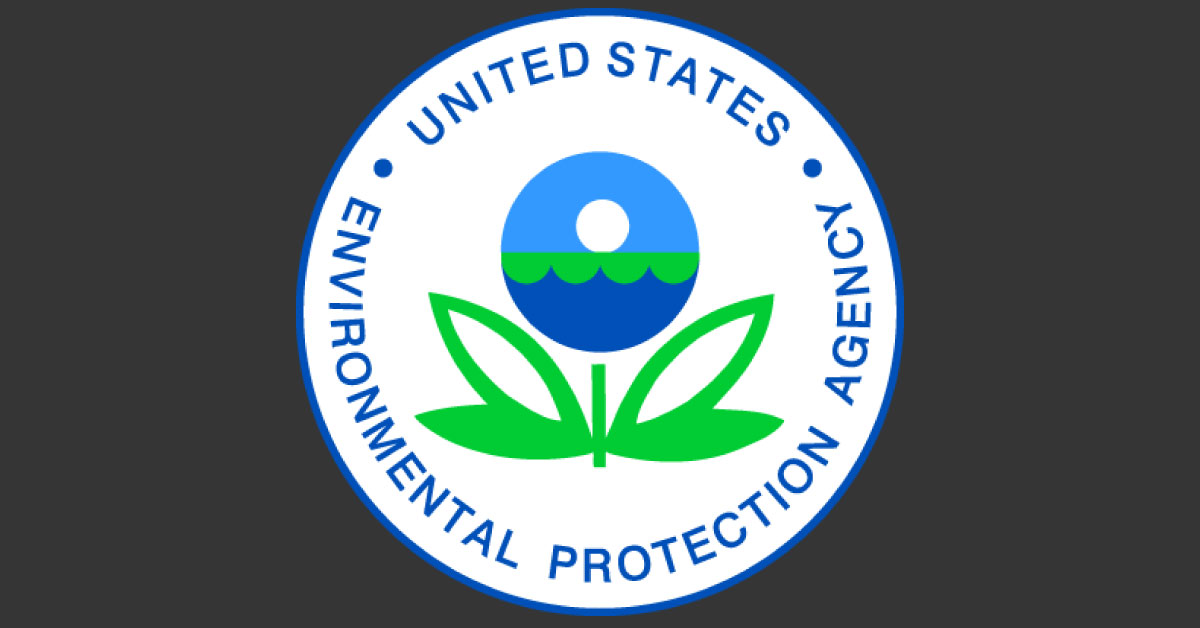Regulatory Updates: EPA Rulings on PVC Designation & Talc/Asbestos and Other Substance Reporting
 May 5, 2022 | The Toy Association’s external affairs team is continuing to keep members updated on the latest regulatory updates from the Environmental Protection Agency (EPA) impacting the toy and play community. The following provides a brief overview of current issues:
May 5, 2022 | The Toy Association’s external affairs team is continuing to keep members updated on the latest regulatory updates from the Environmental Protection Agency (EPA) impacting the toy and play community. The following provides a brief overview of current issues:
EPA to Rule on PVC as Hazardous Waste
Under the terms of a recent settlement with The Center for Biological Diversity, the EPA now has nine months to decide whether polyvinyl chloride (PVC) should be classified as a hazardous waste. If ruled in the affirmative, processors will need to treat all PVC scrap as hazardous material and hire a licensed firm to handle proper removal and disposal. A designation of PVC as a hazardous waste would also likely cause manufacturers to move away from it even faster than they currently are, as the cost and difficulty of dealing with it as a hazardous waste would almost certainly offset any cost, performance, and processing advantages it offers.
Consumers would most likely still dispose of end-of-life products containing PVC in the same manner as other hazardous wastes, such as holding the items for a local hazardous waste cleanup day when paint, solvents, batteries, and other such materials are accepted.
EPA Could Require More Comprehensive Asbestos Reporting
The EPA’s newly proposed rule under section 8(a) of the Toxic Substances Control Act (TSCA) would require more comprehensive reporting on asbestos; this proposal specifically impacts toys containing talc.
The EPA has proposed a four-year lookback on any imported articles or mixtures containing or potentially containing asbestos, including as an impurity. Because talc and asbestos may geologically be found in close proximity, talc falls into this category and use would need to be reported. The only likely exemptions that The Toy Association may be able to assist in securing are limited to one for producers importing amounts below an annual threshold, and/or one for small businesses.
Upon publication in the Federal Register, the EPA will accept comments on the proposed rule for 60 days via docket EPA-HQ-OPPT-2021-0357 at regulations.gov.
The Toy Association will comment but is anticipating the rule to be adopted in some form. The EPA is also working on an asbestos ban. Members still using the substance are advised to consider alternatives to talc, if they have not already done so, and to begin to identify their current and legacy uses of talc.
Toy Association Submits Comments to EPA on Substance Reporting Rule
As a designated Small Entity Representative (SER), The Toy Association submitted comments on behalf of its small business members to EPA’s Small Business Advocacy Review (SBAR) panel on May 4 regarding a proposed reporting rule impacting all manufacturers using or processing per- and polyfluoroalkyl substances (PFAS). The rule would require a 10-year lookback and reporting on PFAS use, which may be incidentally found in some toys and toy packaging.
In its comments, the Association argued that the EPA has grossly underestimated the number of entities which would be required to report use of PFAS, as well as the burdensome time and cost it would place on each business. The proposed rule would require toy manufacturers to invest in additional research to determine any uses of PFAS substances in their products going back to 2011 and report any findings to the EPA.
The Toy Association has advised the EPA to redraft the rule based on a principled assessment of its unmet information needs and articulate a clear plan that will allow the agency to make practical use of the collected information. The rule could then be tailored to generate the required information while also avoiding unnecessary, duplicative, or needlessly burdensome requests. The Association has also requested exemptions for contaminants, de minimis amounts, and small businesses.
The Toy Association will continue to monitor the outcomes of these rules and alert members to any new developments. Questions may be directed to The Toy Association’s Alan Kaufman, senior vice president of technical affairs.